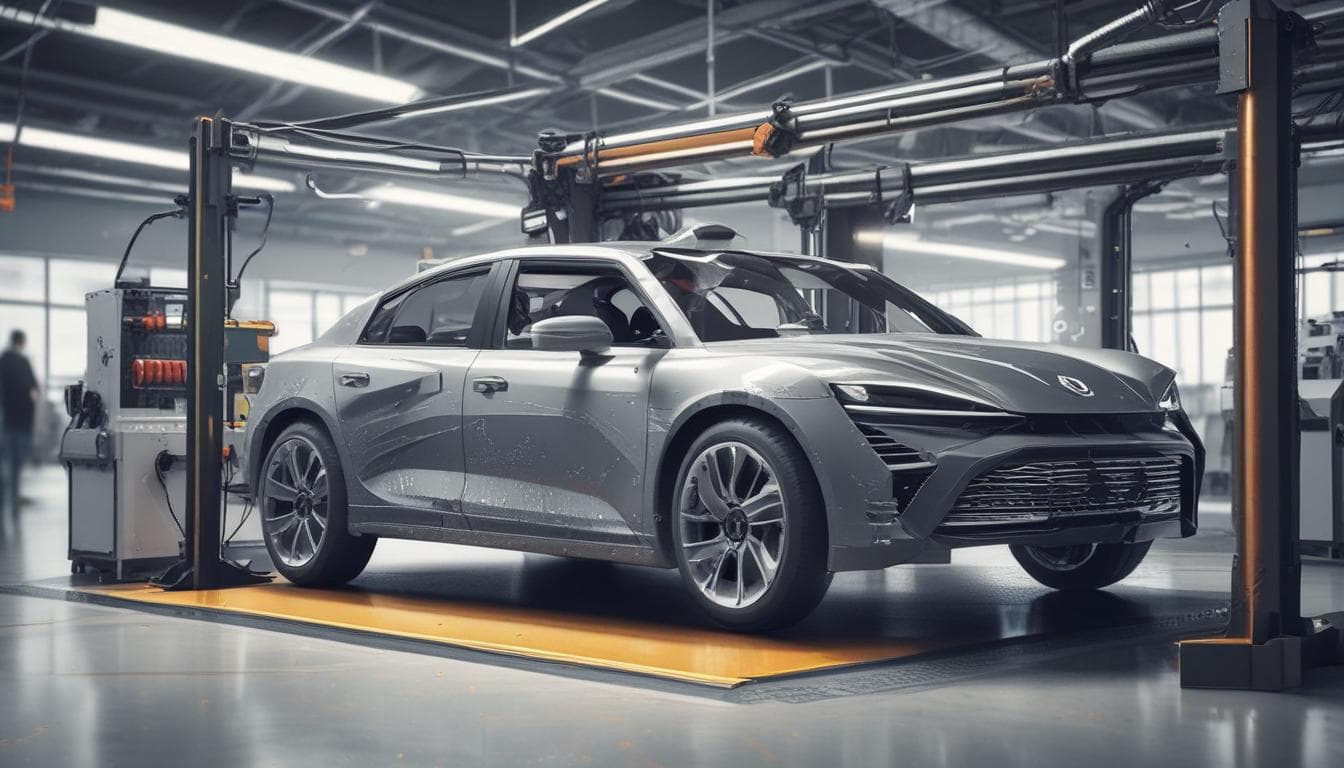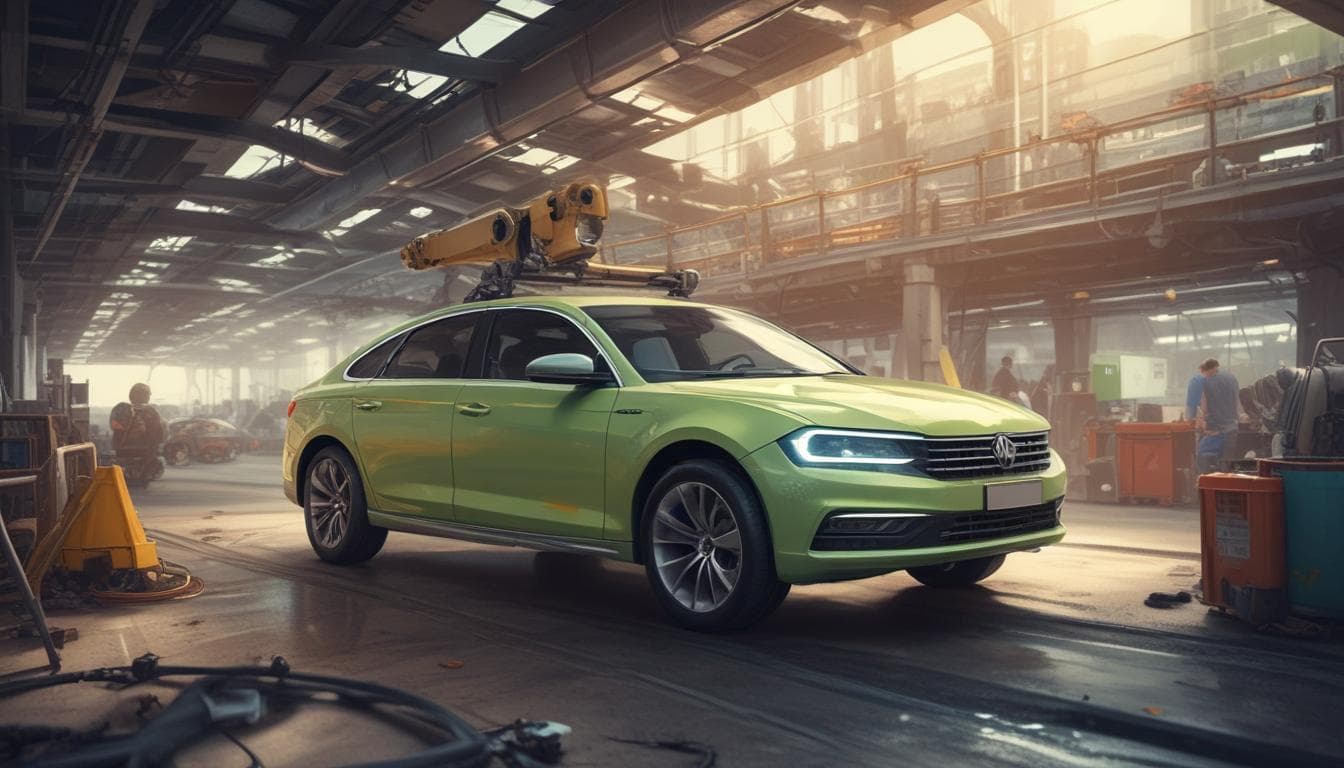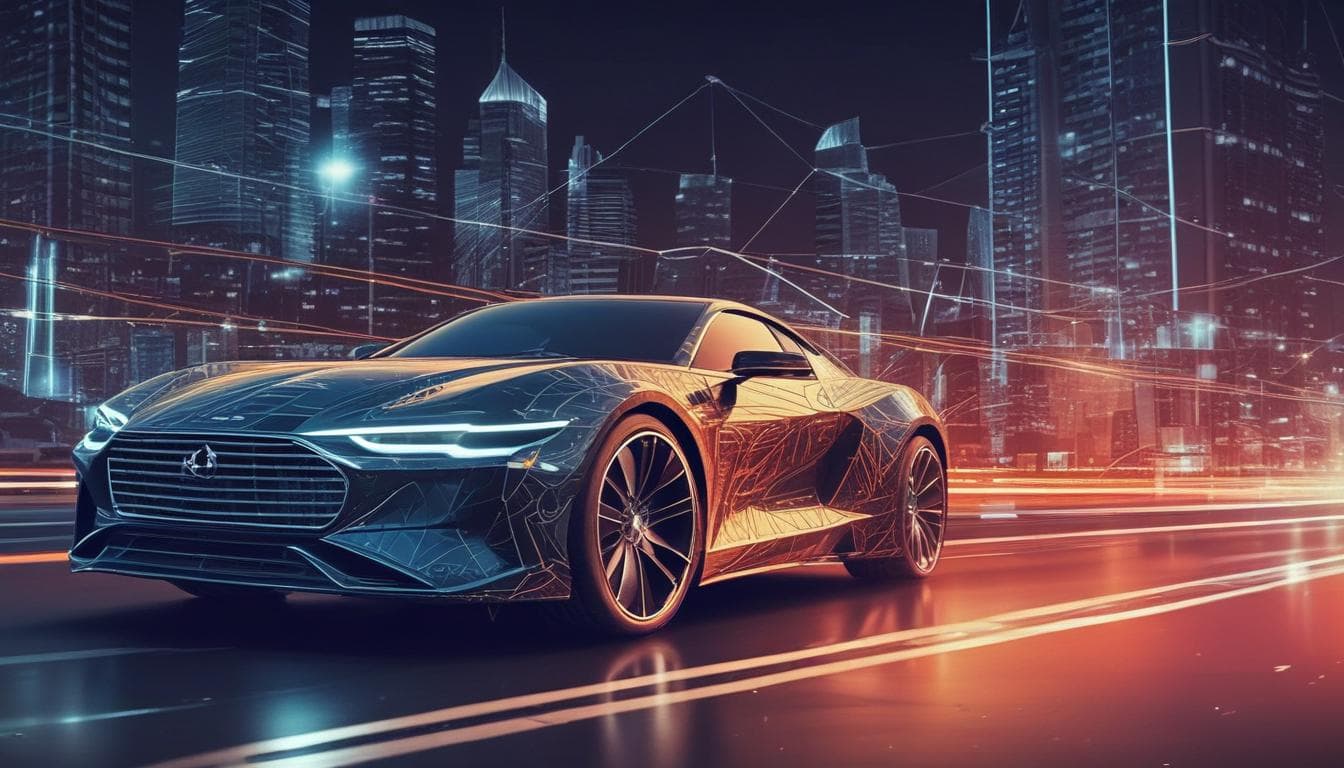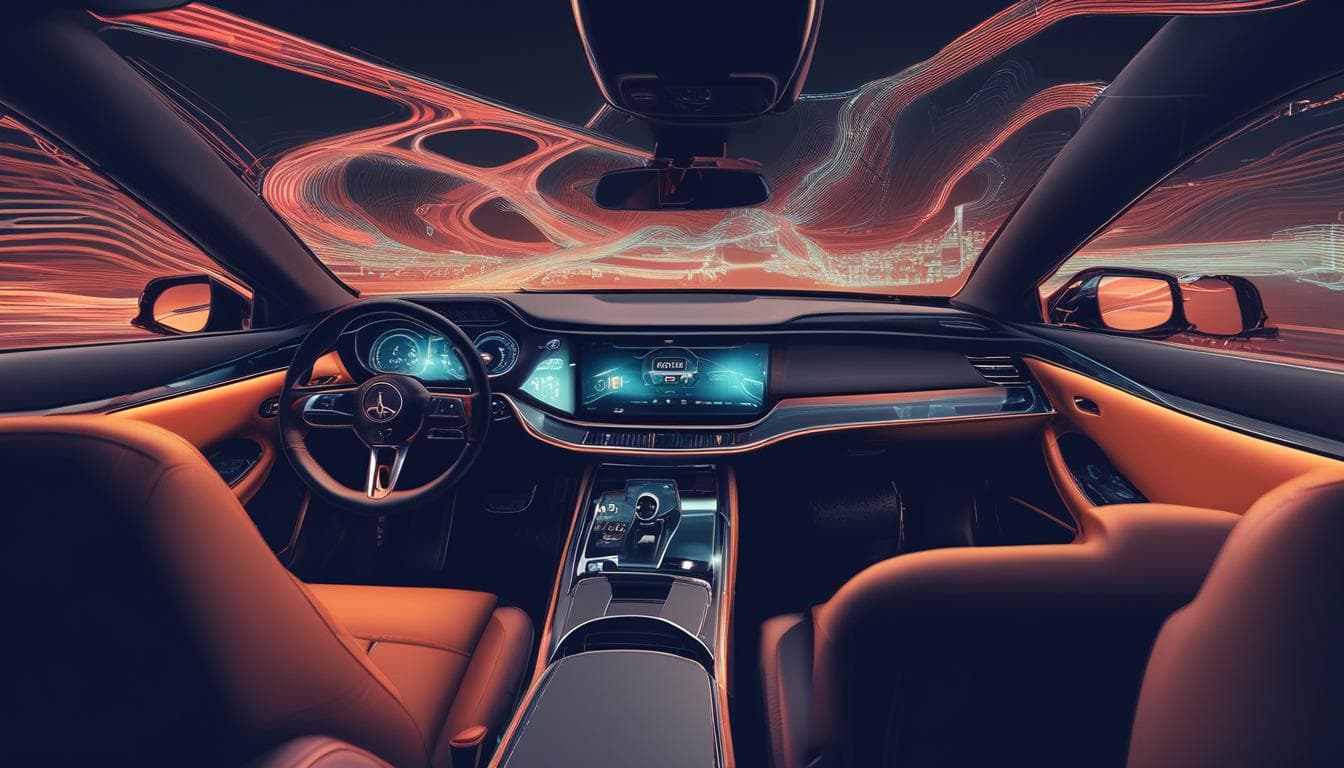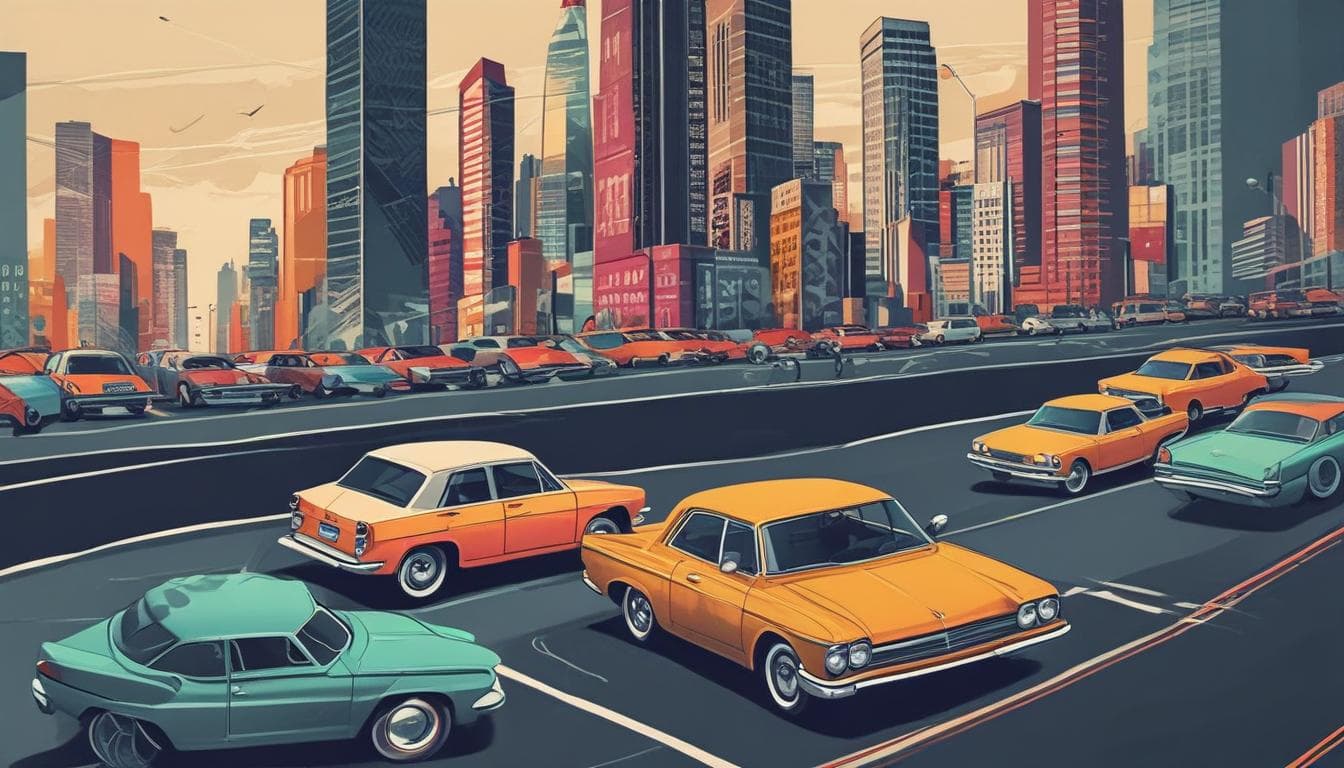如果汽车可以实时监测并解读驾驶员的情绪状态,例如压力、疲劳、兴奋等,并据此调整驾驶模式、车内氛围、甚至提供个性化的娱乐或放松建议,你认为这会是未来汽车的标配功能吗?它会如何改变我们的驾驶体验,又会带来哪些潜在的挑战和机遇?
这是一个非常有趣的问题!我认为,实时监测驾驶员情绪并据此调整汽车功能,将会极大地提升驾驶体验,甚至可能成为未来汽车的标配功能。
积极影响
- 提升安全性: 如果系统检测到驾驶员疲劳或压力过大,可以主动提醒驾驶员休息,甚至自动降低车速,避免事故发生。
- 增强舒适性: 根据情绪调整车内氛围,例如播放舒缓的音乐或调整车内灯光,可以有效缓解驾驶压力,提升舒适度。个性化的娱乐建议也能让旅途更加轻松愉快。
- 创造个性化体验: 每位驾驶员的需求都不同,这项技术可以根据个人的情绪状态提供定制化的服务,例如调整座椅加热、按摩功能等,提升驾驶的专属感。
潜在挑战
- 数据隐私: 收集驾驶员的情绪数据涉及到隐私问题,需要确保数据的安全性和保密性。
- 技术可靠性: 情绪监测技术需要足够精确可靠,否则可能会出现误判,导致不必要的干扰或危险。
- 伦理道德: 如何平衡驾驶员的自主性和系统的干预,需要仔细考量。例如,在紧急情况下,系统是否应该强制接管车辆?
机遇与发展
这项技术不仅可以应用于乘用车,还可以扩展到商用车领域,例如卡车、公交车等,提升交通运输的安全性和效率。 我们可以设想一下,未来自动驾驶技术与情绪监测技术的结合,将创造出更加安全、舒适、个性化的驾驶体验。
关于汽车个性化定制的未来趋势,可以参考这篇深入探讨的文章:探索汽车个性化定制的无限可能。 文章中详细分析了人工智能技术如何驱动车辆个性化定制,为我们描绘了未来汽车的蓝图。
总而言之,实时情绪监测技术在汽车领域的应用前景广阔,但同时也面临着诸多挑战。我们需要在技术发展、数据安全、伦理道德等方面进行深入研究和探讨,才能最终实现这项技术的安全可靠应用。
Explore More on This Topic
Join the Conversation
- How Will the Rise of EVs Impact the Car Maintenance Industry?
The increasing popularity of electric vehicles raises questions about the future of traditional car maintenance. This discussion explores the potential impact on mechanics, the need for new specializations, the changing costs of vehicle upkeep, and the emergence of new business models in the automotive repair sector.
- The Future of Road Trips: AI-Powered Itineraries vs. Spontaneity
Explore the evolving landscape of road trips in the age of AI. Will curated itineraries replace spontaneous adventures, or will there be a balance? Discuss the potential impact of AI on the driver and passenger experience.
- The Future of Automotive Artistry: Will AI Drive Design or Compete With It?
Explore the future of automotive artistry in the age of AI. Will AI become a collaborative tool for car designers, a new medium for artistic expression, or a competitor creating its own automotive aesthetics? Join the discussion and share your vision.

